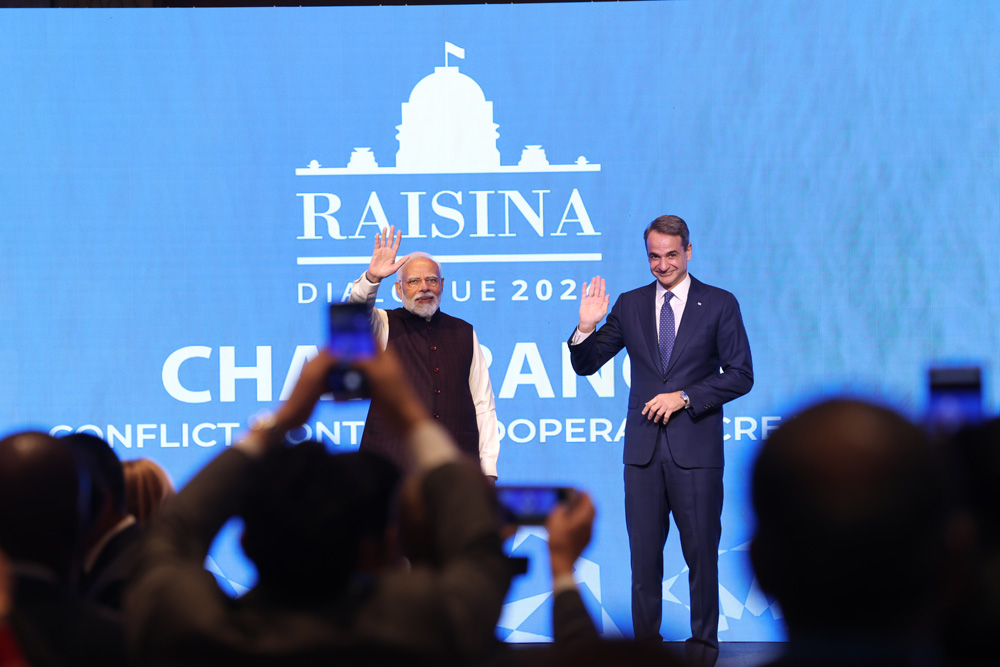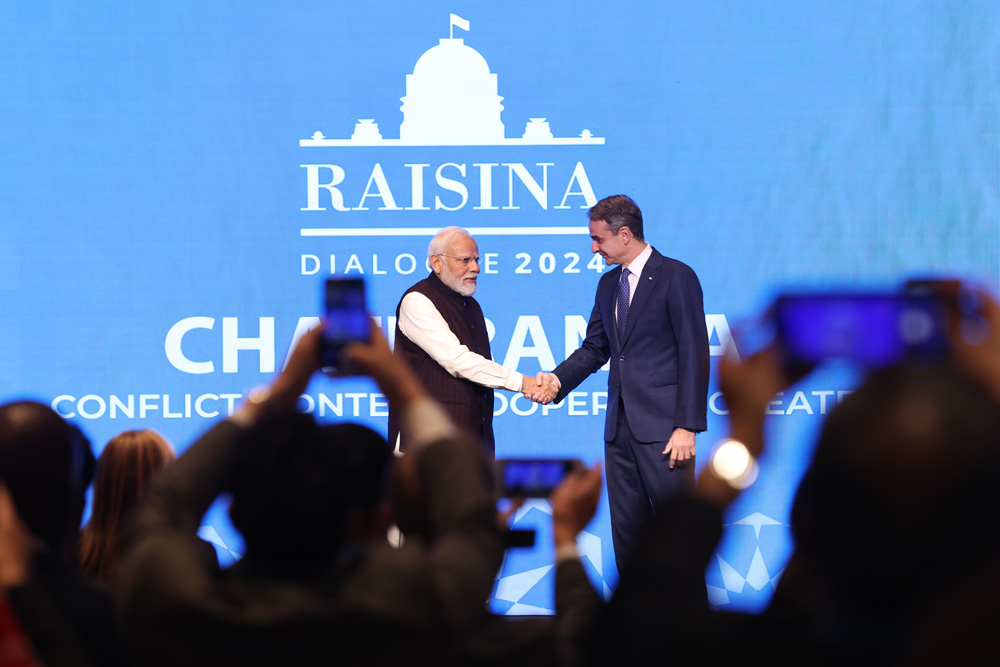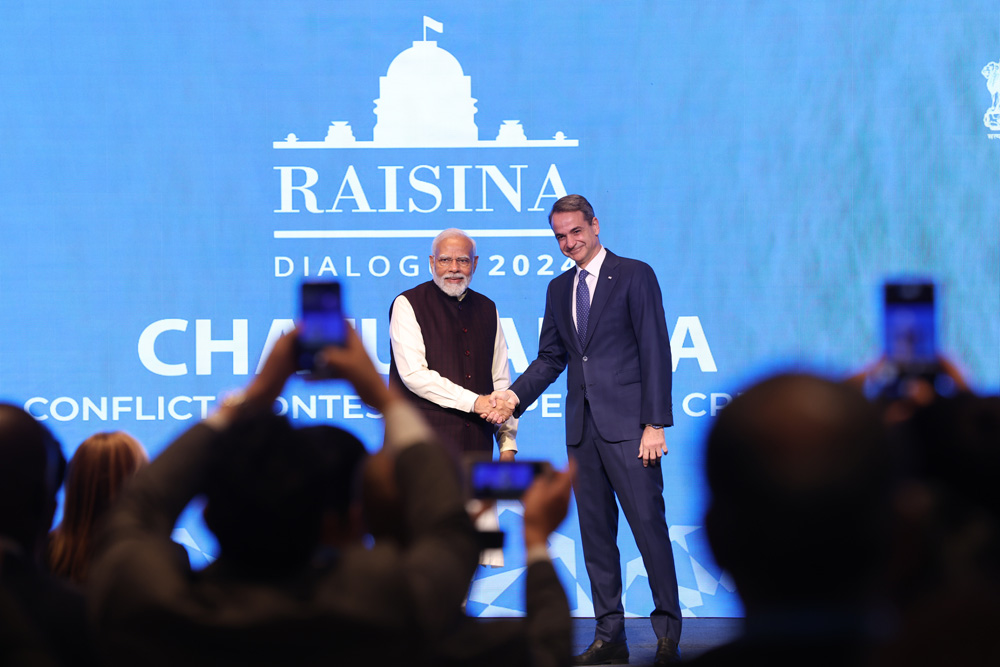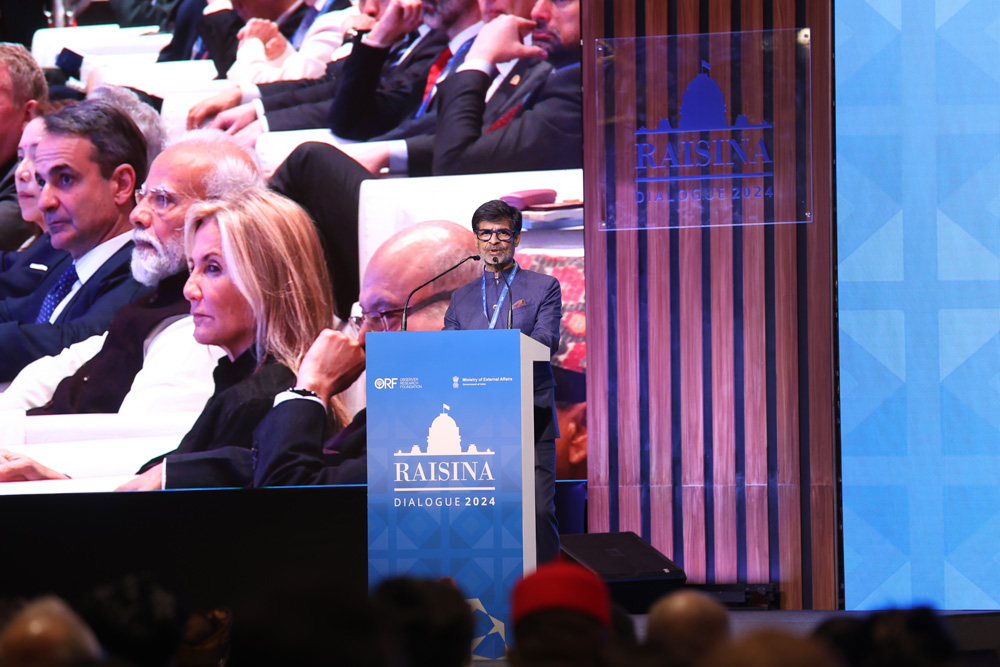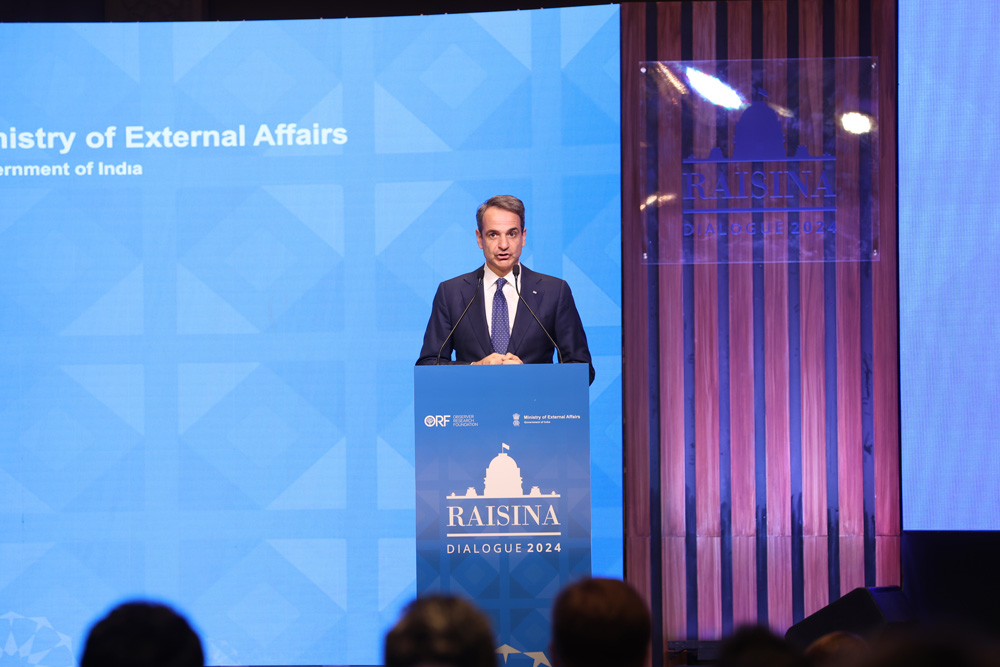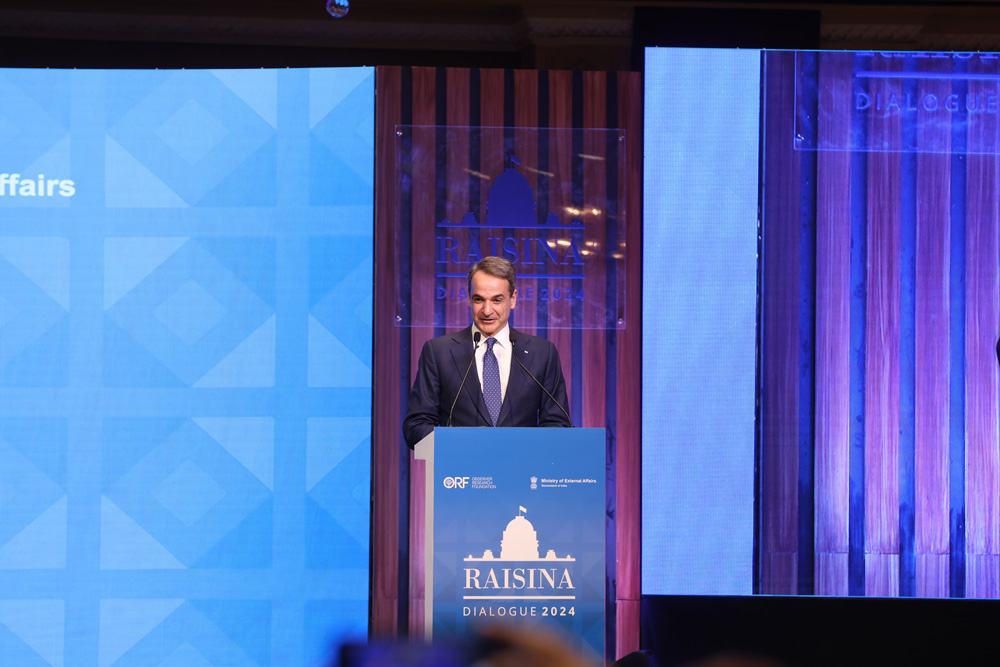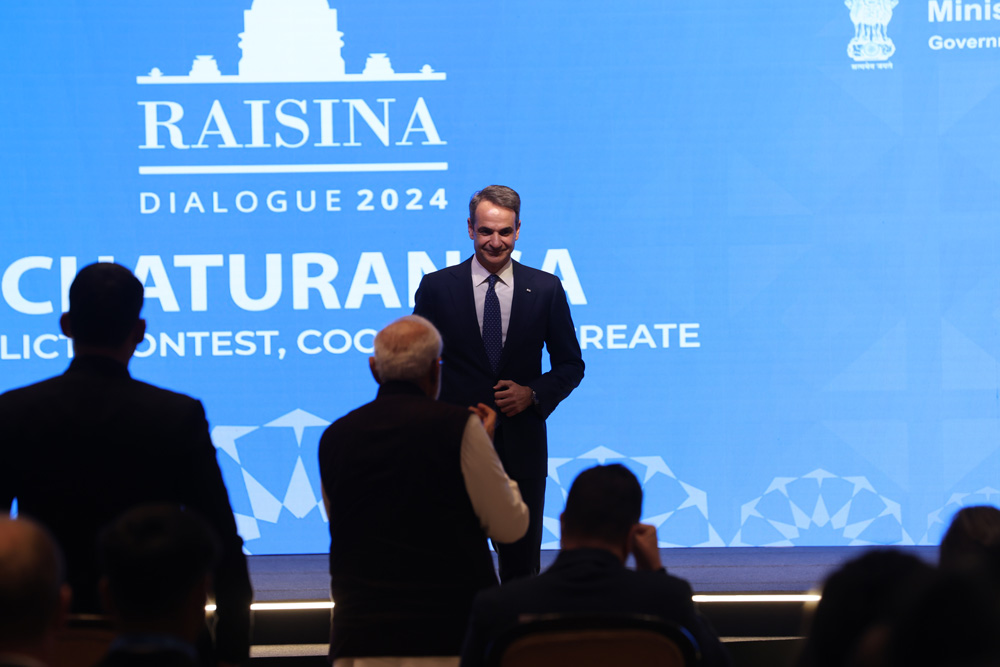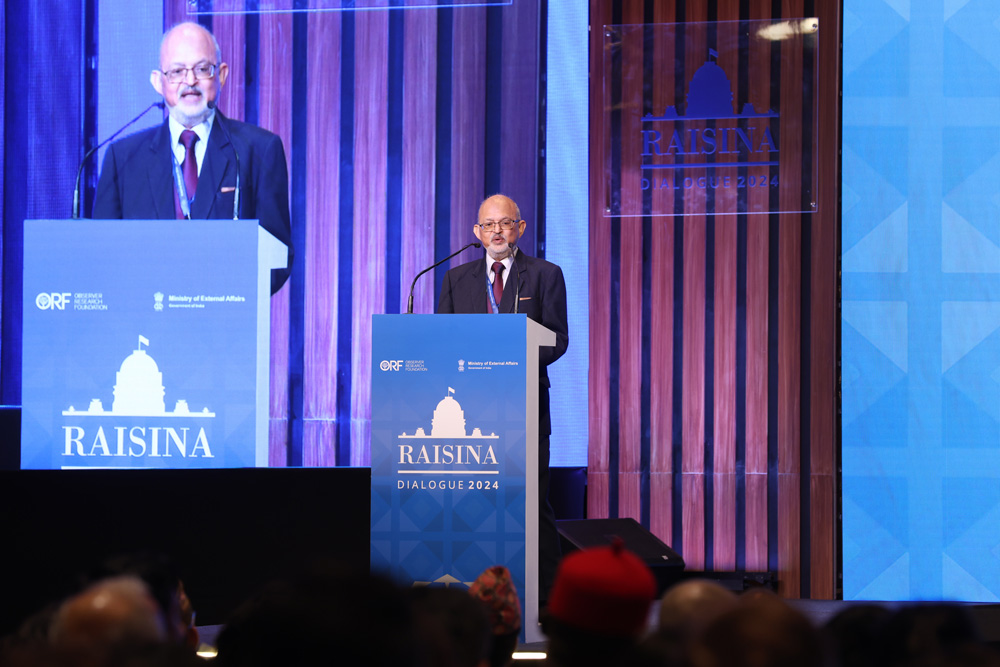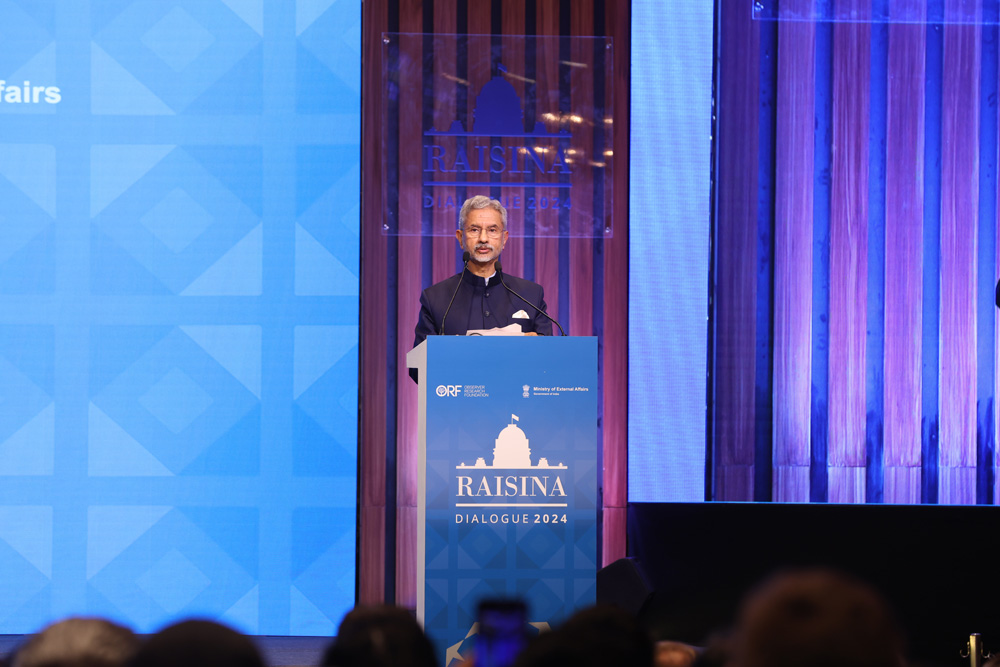

Africa is the continent where key global opportunities are playing out and where solutions are being discovered and partnerships forged to respond to the challenges of the present and future. As such, Africa is playing a central role in shaping both political and developmental narratives, policies, and new institutions in the global governance system.
The year 2023 is unique for international cooperation with South Africa holding the BRICS presidency and three developing countries in the G20 Troika – Indonesia (past presidency), India (current presidency), and Brazil (next presidency), with South Africa to follow. A key outcome of India’s Presidency has been the introduction of the African Union as a permanent member of the G20. Now is the time to realize common futures, and to move beyond the binaries of North – South and for innovation and Dialogue to flow. In this effort, India is a unique partner – it can share its developmental frameworks and bring voices from the developing world to shape international conversations
Cape Town Conversations will serve as an annual South Africa-based platform that brings together key stakeholders and new voices. It is designed as a common platform where established and emerging actors convene for a global conversation on contemporary issues of global governance —identifying new challenges, ideating possible solutions and shaping the world order of the future.
Cape Town Conversation – The 2023 Edition
Indonesia, India, Brazil and South Africa – four emerging economies, four G20 Presidencies. These four successive Presidencies offer a rare opportunity to centre the needs and priorities of the global south as the driving force behind international policy discourse, rather than continuing in the historical benevolent paternal attitude towards this region. South Africa’s BRICS Chairship, and India’s proposal to have the African Union become a permanent member of the G20, further strengthen the need for a global Forum out of Africa that will look at the emerging global political and economic order and their associated institutional frameworks. This unique platform will convene over speakers and delegates from around the world to discuss, ideate, and debate the most pressing global imperatives.
Thematic Pillars:
The time is right for a women-led socio-economic revolution. From women in start-ups to women designing technology solutions, the possibilities and potential for redesigning economic growth, social contracts and political regimes are immense. Businesses, investors and political leaders across the globe are beginning to see this clear opportunity, and all need to do more to realise it. The global community must galvanise financial flows to women-led initiatives, create regulatory signals that allow markets to serve women’s needs, and incubate regimes where women hold the pen and script global futures.
Global poverty cannot be the world’s mitigation strategy – the biggest contributor to keeping emissions low is poverty and energy insecurity in the developing world. Urgent, substantial, and affordable finance is needed for a climate adaptation that serves communities under stress, even as pools of capital are deployed for climate mitigation globally. MDBs and IFIs must be made more responsive to these financing needs. Equally, international regimes and arrangements must make access to climate tech. equitable and affordable to advance the climate action agenda.
It is clear more than ever that sustainable development is central for global security and stability, and inclusive green growth is essential for the fight against climate change. To achieve this the world needs to think of catalysing financial flows, sharing technology and innovation and rebuilding trust in a divided world. How can plurilateral groupings such as the G20, AU, and BRICS, be a part of stitching together new partnerships, investing in clean and green initiatives and projects and ensure that no human is left behind as we strive to achieve the 2030 Development Goals.
As the mandate of governance expands and the size of governments shrinks, data and technology present an opportunity to improve the last mile delivery of public services. At the same time, technology has facilitated a range of innovations that can significantly enhance the quality of life. Central questions for governments, the private sector and communities then are – how can these possibilities be effectively realized? And what are the roles of respective stakeholders involved?
An already strained international institutional architecture is facing its worst crisis of legitimacy yet, having been unable to prevent pandemics, financial crises, and conflicts over the years. The United Nations framework is struggling to equitably distribute decision making authority and is being undermined by great power competition, including both responsibility abdication and institutional capture. What are the ideas, institutions, and partnerships needed to reimagine, revamp and revitalize the multilateral global order?
Dialogue is the foundation of effective diplomacy. Yet the hurdles placed before successful and sustainable dialogue – from social media extremism to “wolf warrior” officials – have only increased in recent years. And over the past decade, armed force – including with non-state actors – has seen a resurgence in international affairs. The need for open, frank, solution focused conversations are the need of the hour.

Executive Director and Director of Research, The Egyptian Centre for Economic Studies,
Former High Commissioner of Tanzania to South Africa and Chairman, Kilombero Sugar Company , Tanzania, United Republic of











